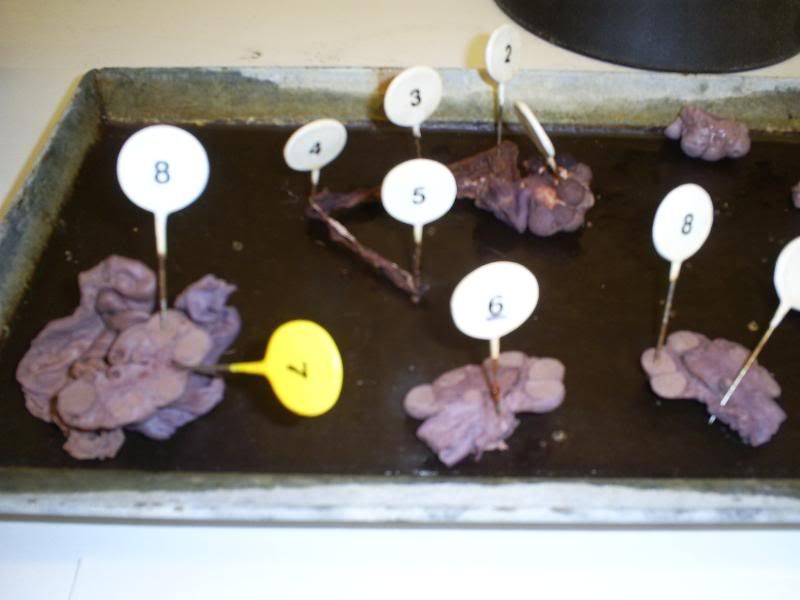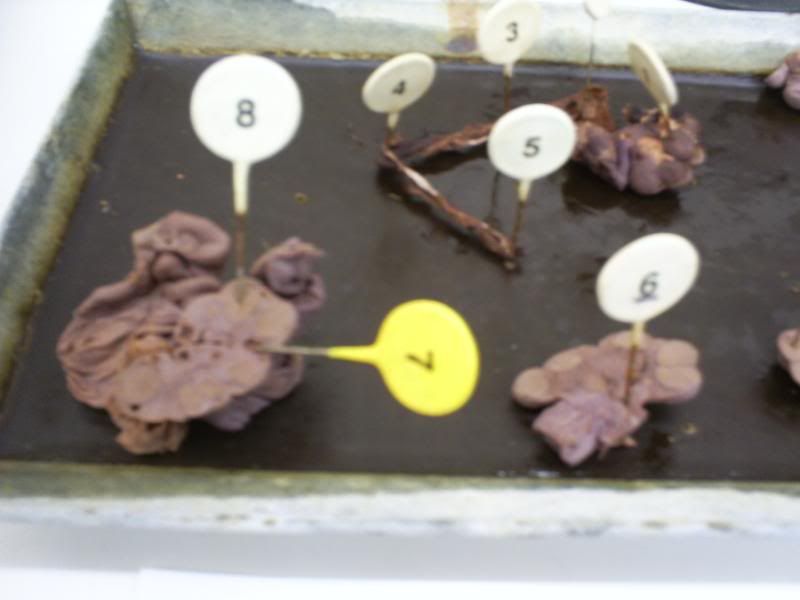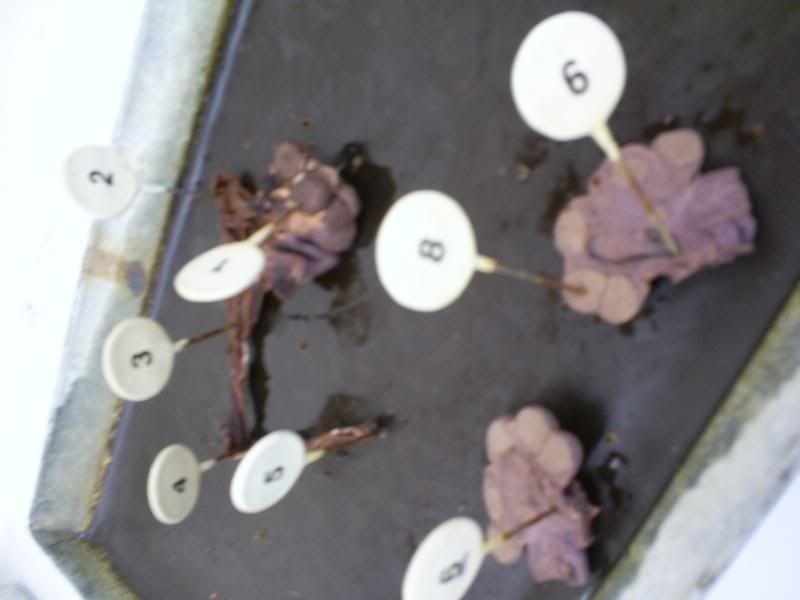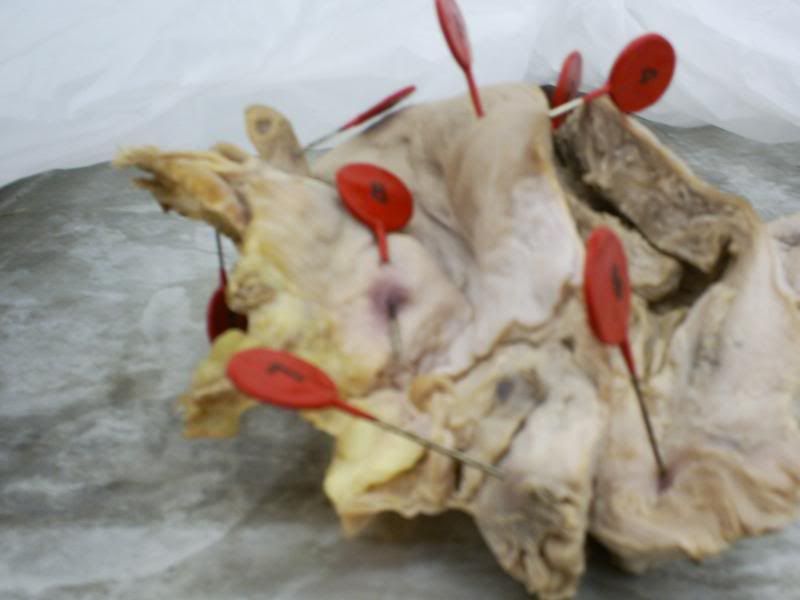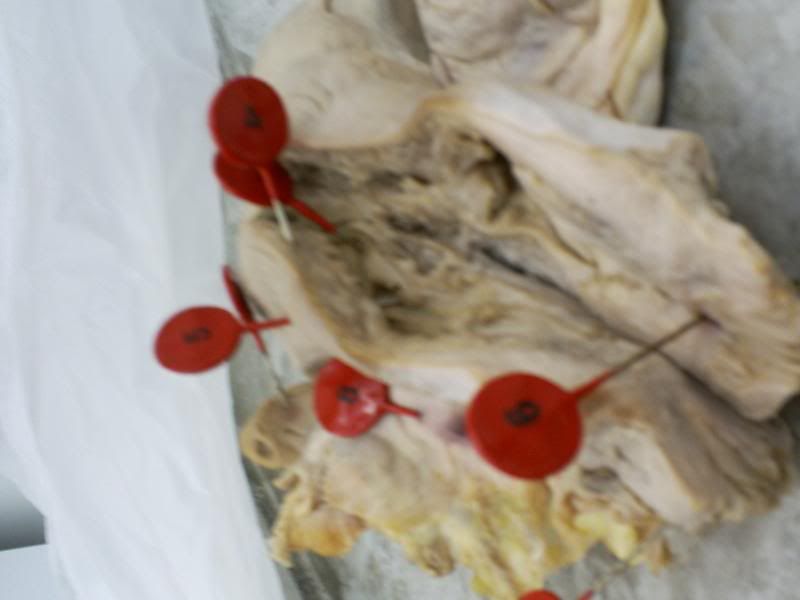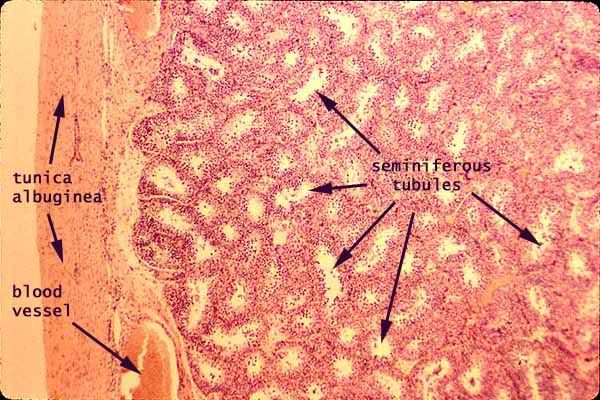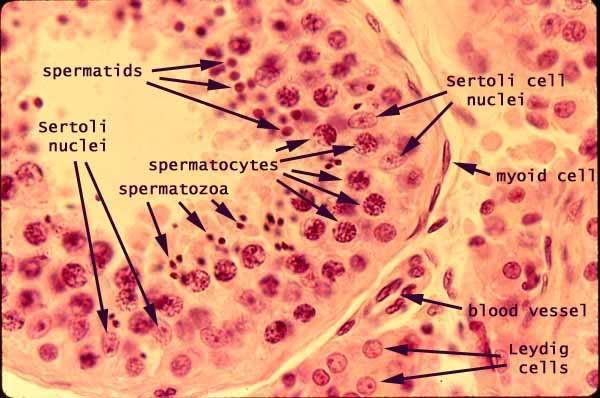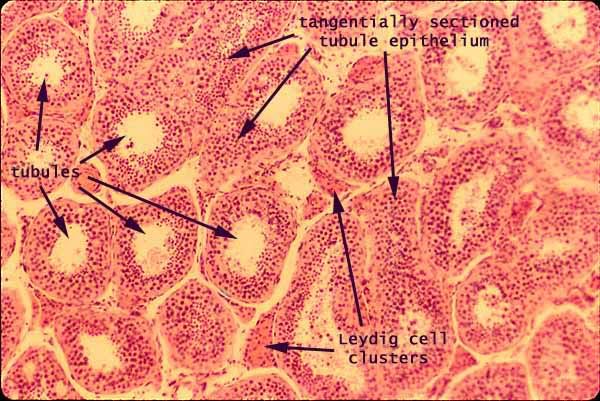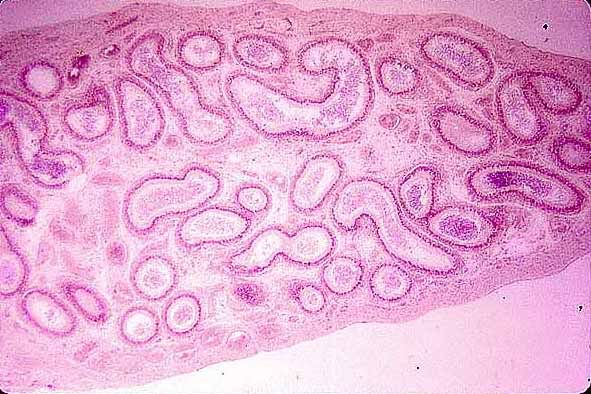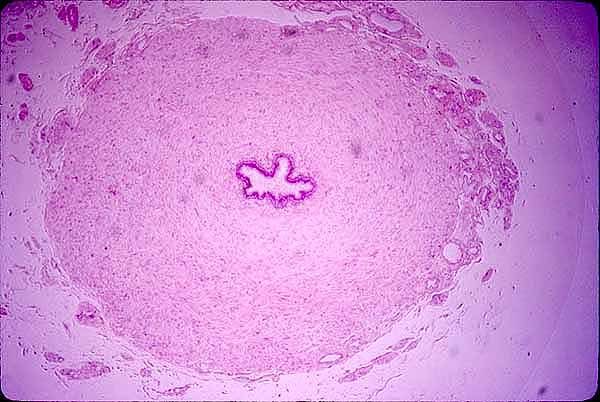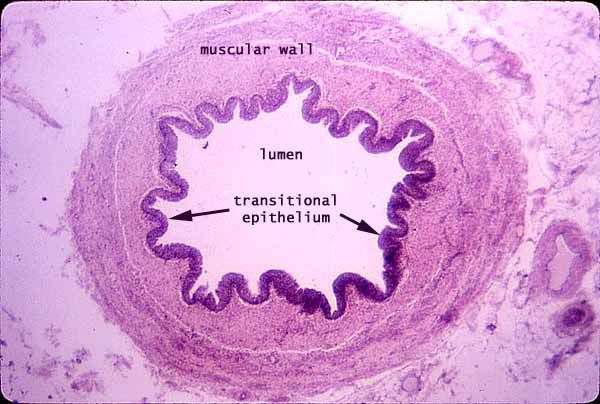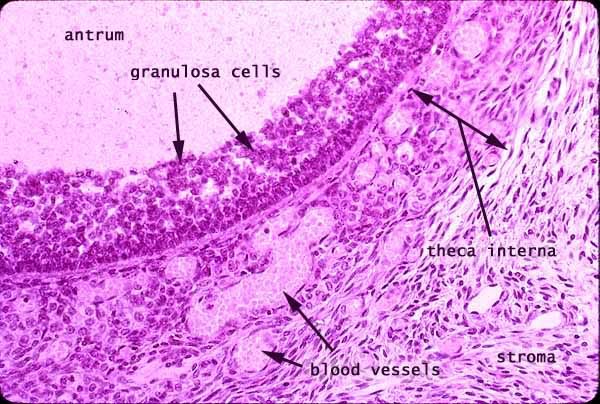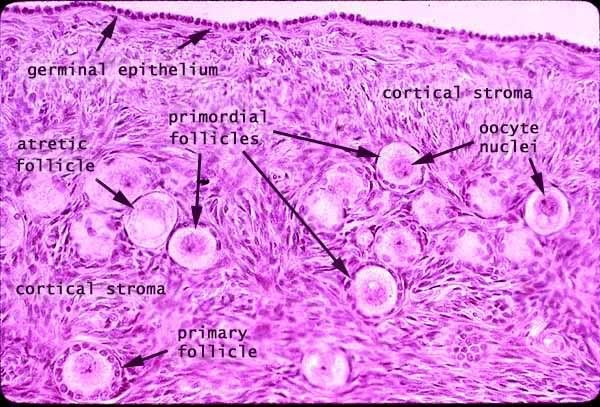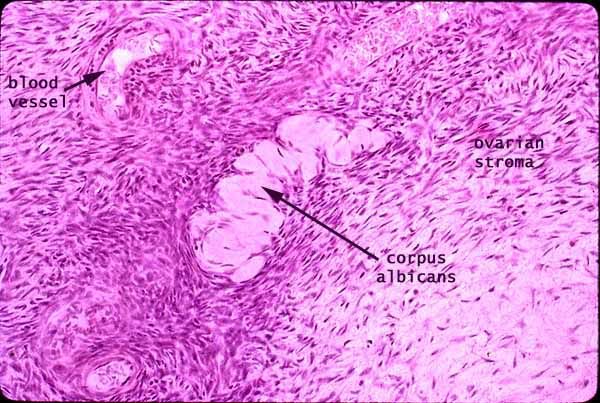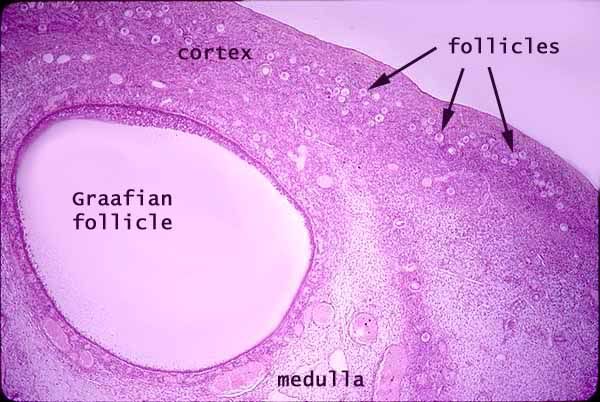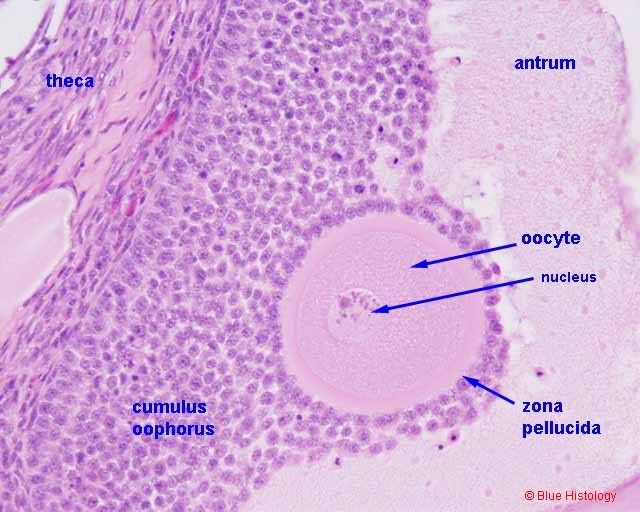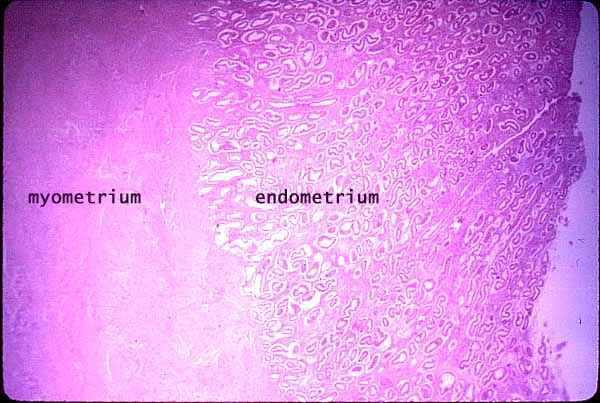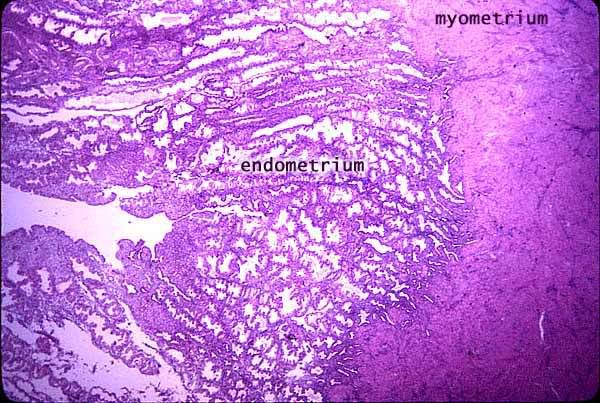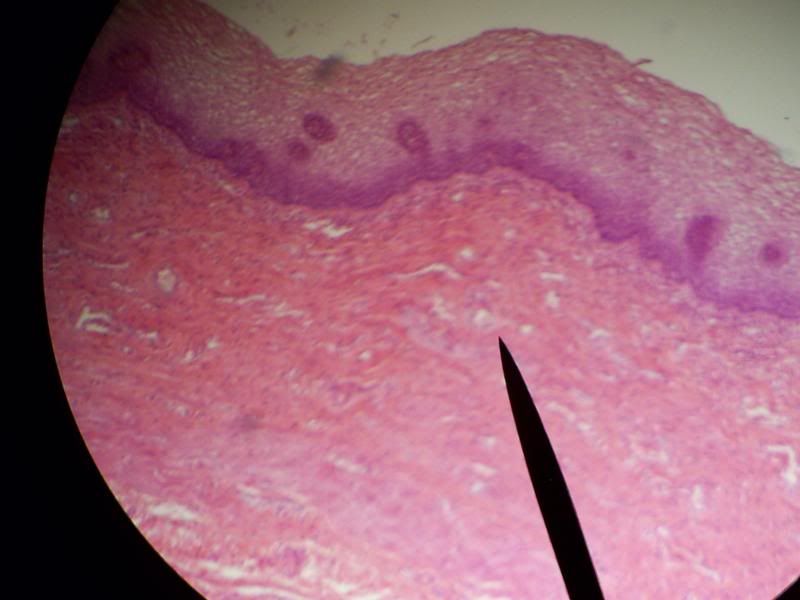University of Iowa
As always, my all time favorite SIU med web site their histology is comprehensive respiratory to reproductive with great explanations in only a few sentences.
Terms to Know: *** know on cadaver if *** asterisks present Sorry I need pics of the models... be careful however if googling such titles... Haha
Scrotum***- skin and fascia
testes***-
Septa
Tunica Albuginea***- white cord most inner
Tunica Vaginalis***- double layered covering
Epididymis***
Spermatic Cord***- in the cord contains/ holds all
Pampiniform plexus- testes veins
Cremaster muscle- helps regulate temperature with proximity
Ductus Deferens (vas deferens)
Ampulla
Ejaculatory duct
Urethra
Prostatic- through prostate
membranous- below prostate to penis short
Spongy Penile Urethra ***
Penis
Corpus Spongiosum ***- holds urethra in middle
Corpus Cavernosa***-
Glans Penis***-extension of spongiosa
Prepuce*** (foreskin)
Prostate Gland- 1/3 seminal fluid
Seminal Vesicles- 2/3 seminal fluid
Bulbourethral glands- clear viscous pre-ejaculate
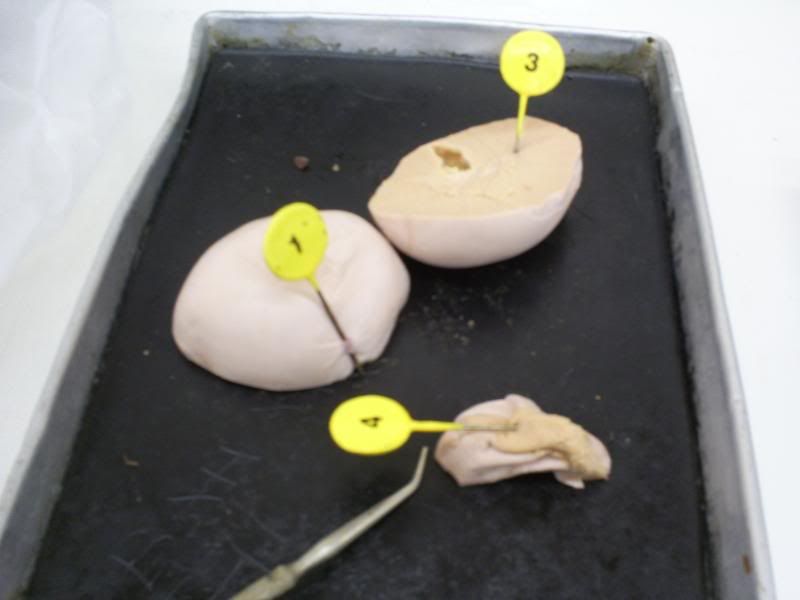
1- Tunica albuginea
3- Septum
4- Epididymis
